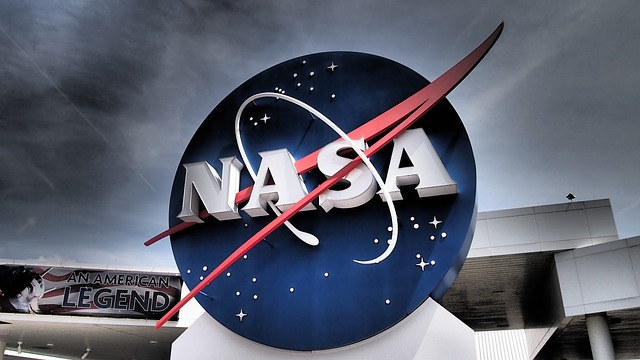
There's a space race among nations and President Donald Trump wanted the United States to be the first to send humans to Mars. Trump was eager to secure such milestone that he reportedly offered NASA "all the money" needed to realize the mission either next year or before his first term ends.
When it comes to space exploration, the United States is competing with Russia and China for the most part. If NASA could accomplish what Trump had asked, then this would give the U.S. an advantage over Russia and China. However, it's not easy as it sounds.
Former White House director of message strategy Cliff Sims narrated an unusual discussion Trump had with NASA staff on April 24, 2017 in his book "Team of Vipers: My 500 Extraordinary Days in the Trump White House," which is set to launch next Tuesday, Jan. 29. Specifically, the author described how Trump failed to understand that sending people to Mars is not just about money because NASA would have to build a habitable base on Mars and also prepare people for a difficult six months journey to the planet.
As revealed in the book, Robert Lightfoot Jr., the acting NASA administrator in 2017, talked to Trump about the matter. The administrator divulged to the president the American space program's plans about sending a rover to the red planet in 2020 before launching a human-crewed mission by the 2030s. Trump was apparenty displeased at the thought of the human-crewed mission not happening during his term.
"What if we sent NASA's budget through the roof, but focused entirely on that instead of whatever else you're doing now. Could it work then?" Trump said in the book's excerpt shared by the Intelligencer.
When Trump suggested that if not during his first term, then NASA could speed things up "a little bit" just so the human-crewed mission to Mars would be realized during his second term should he be re-elected. However, Lightfoot made it clear to the president that his request was impossible.
Meanwhile, NASA is not just planning to conduct a manned mission to Mars. It is also executing its plans for exploration on the Moon's surface. According to the agency, the Moon is an integral part of the Earth's past and future. It may be an off-planet location, but it could also hold significant resources to push forward space activities and scientific knowledge.
"Through an innovative combination of missions involving commercial and international partners, NASA's robotic lunar surface missions will begin as early as 2020, focus on scientific understanding of lunar resources, and prepare the lunar surface for a sustained human presence, to include the use of lunar oxygen and hydrogen for future lunar vehicles," NASA said on its website.
The organization added that the lunar surface could be an essential training ground for future missions to Mars.
This article was first published in IBTimes US. Permission required for reproduction.









